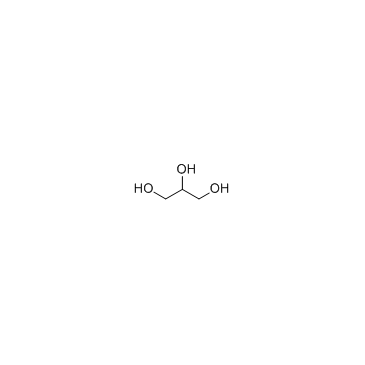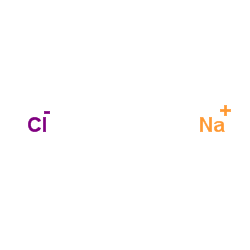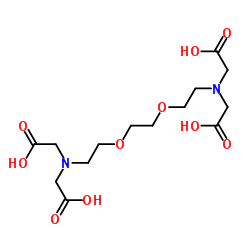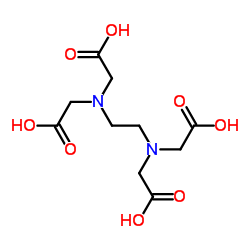| Structure | Name/CAS No. | Articles |
|---|---|---|
 |
Glycerol
CAS:56-81-5 |
|
 |
sucrose
CAS:57-50-1 |
|
 |
sodium chloride
CAS:7647-14-5 |
|
 |
Ethanol
CAS:64-17-5 |
|
 |
sodium dodecyl sulfate
CAS:151-21-3 |
|
 |
EGTA
CAS:67-42-5 |
|
 |
SODIUM CHLORIDE-35 CL
CAS:20510-55-8 |
|
 |
Ethylenediaminetetraacetic acid
CAS:60-00-4 |